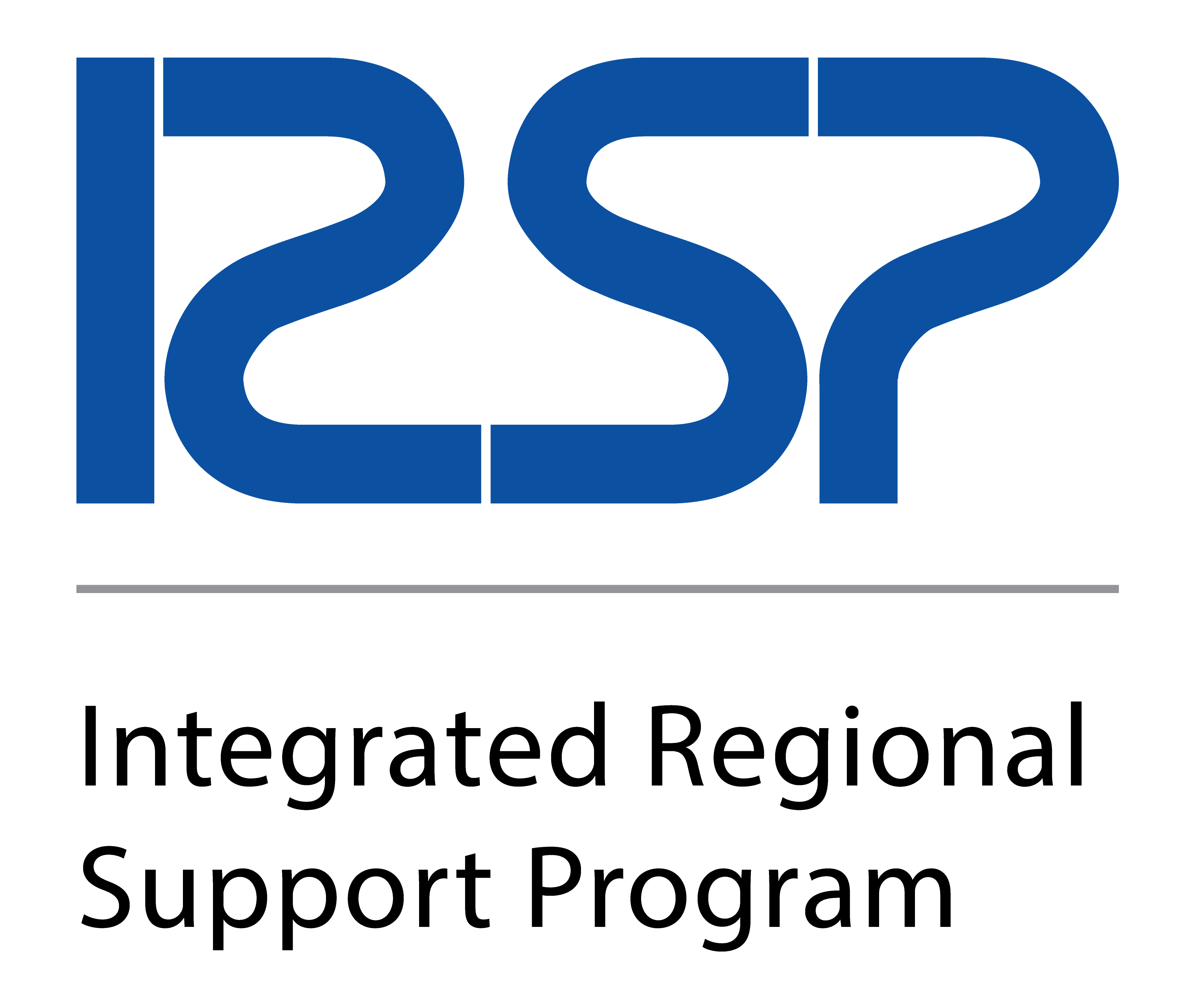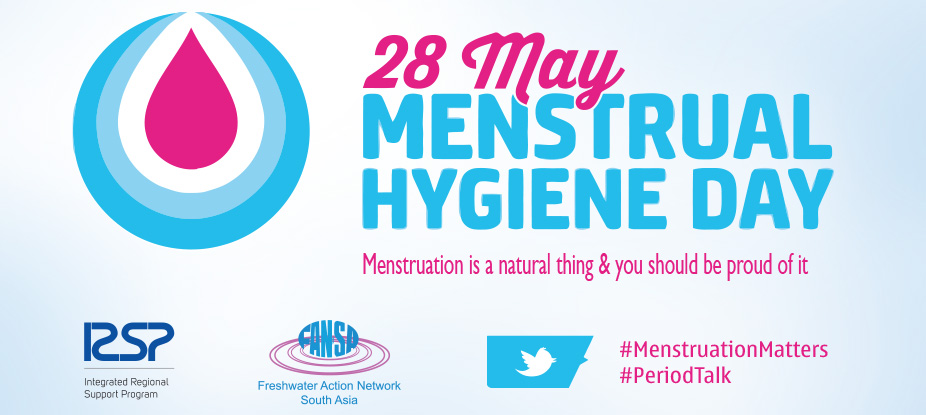The natural phenomenon of menstrual hygiene management is still an ignored issue in rural areas of Pakistan especially Khyber Pakhtunkhwa. Now a days, large number of women in Pakistan, work in fields, brick making trash picking, school teachers, students, health workers, sewing centers etc they need on the other hand women have to perform their responsibilities at home as well. With in limited resources and poor WASH and health facilities menstruation becomes more severe to manage for them.
 Lets break the TABOO and talk about it.
Lets break the TABOO and talk about it.
Menstrual Hygiene Day Khyber Pakhtunkhwa Pakistan
Summary: Menstrual Hygiene Day is not only about the biological process of growing up into a woman, but also about addressing the challenges that exist in many developing countries with regards to managing menstruation safely and hygienically. Such challenges include potential vaginal infections caused by poor access to soap and water and toilets, inadequate or unhygienic sanitary protection materials, or infrequent cleaning or changing of these materials. In many cases, this results in adolescent girls missing school and women missing work. Moreover, the continued silence around menstruation paired with limited access to factual guidance at home and in schools results in millions of women and girls having very little knowledge about what is happening to their bodies when they menstruate and how to deal with it.
Is ‘hygiene’ a negative word?
Menstrual Hygiene Day, oh, be some other name! As Juliet famously said about a rose with regards to Romeo being a Montague, what is in a name? That which we call hygiene by any other name would still be (according to the Oxford Dictionary) “the conditions or practices conducive to maintaining health and preventing disease, especially through cleanliness”, would it not?
Since we launched the initiative to make the 28th of May Menstrual Hygiene Day, we at WASH United have undoubtedly started the conversation about menstruation, with social media buzzing as to why #MenstruationMattersand worldwide events and activities set to take place by many of our 135 partner organizations. One recurring conversation has revolved around disagreement with the term ‘hygiene’, a term that has been criticized for not being ‘period positive’ and doing little to ‘honor the menstrual process’.
I’d like to take the time to explain why we chose the word hygiene, focusing on how optimal Water, Sanitation & Hygiene (WASH) conditions, or more specifically, access to clean water and soap, toilets, sanitary protection materials and factual guidance are prerequisites to enabling women and girls to embrace their periods and feel positive about the whole experience. When menstruation is managed in privacy, with safety and dignity, women and girls are much more likely to develop the comfort and confidence needed to participate in daily activities. And since all human rights stem from the fundamental right to human dignity, when women and girls are forced into seclusion, taunted and teased, or fear leaking due to inadequate menstrual hygiene management (MHM), dignity is difficult to maintain.
Reinforcing thoughts: It’s about hygiene.
1. Imagine that while menstruating, you are either not allowed to bathe or you simply don’t have a shower to rinse your body.
In parts of Kashmir, India, some menstruating women are prohibited from using water sources and advised to stay away from flowing water in general. Also, they are not allowed to look at their reflections in the water.
2. Imagine unexpectedly starting your period in the middle of an important math lesson. Is your first thought, I need to go to the toilet? Do you go to the one dirty latrine that is shared with 65 other boys and girls, without a lock? And what will you do with your stained panties? There’s no hand-washing facility and not even a wastebasket to throw them away in.
There are still 2.5 billion people who do not have access to adequate sanitation. If roughly half of the world’s population is female, that’s 1.25 billion girls and women who cannot simply ‘go to the ladies’ room’ to check on themselves and change their pad, tampon or cup in privacy.
3. Imagine having no idea, or a very faint one, about what a period is, why it happens, or how to take care of it when it happens.
via: http://menstruationresearch.org/2014/05/ Guest post by Danielle Keiser

